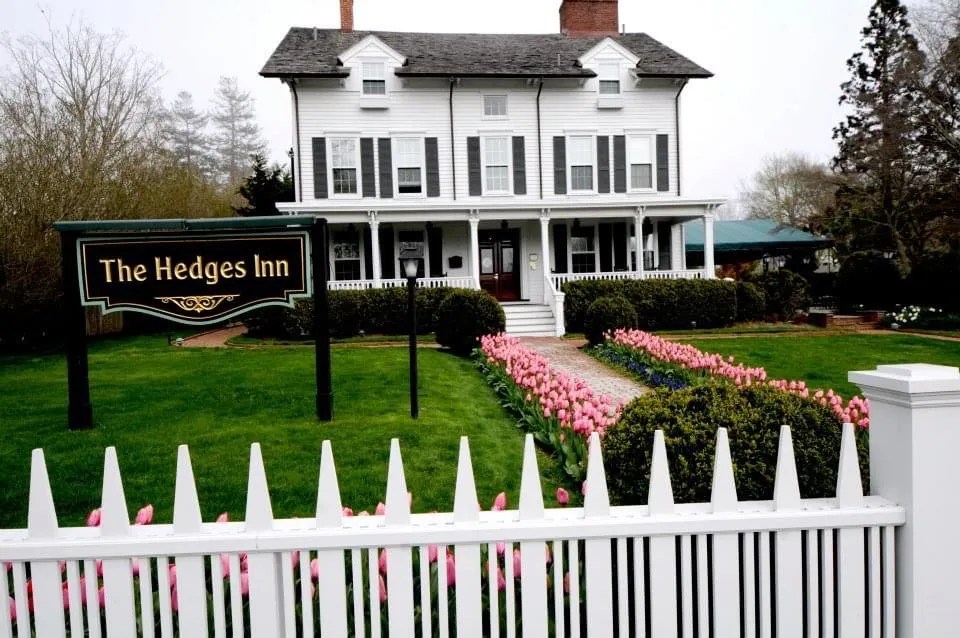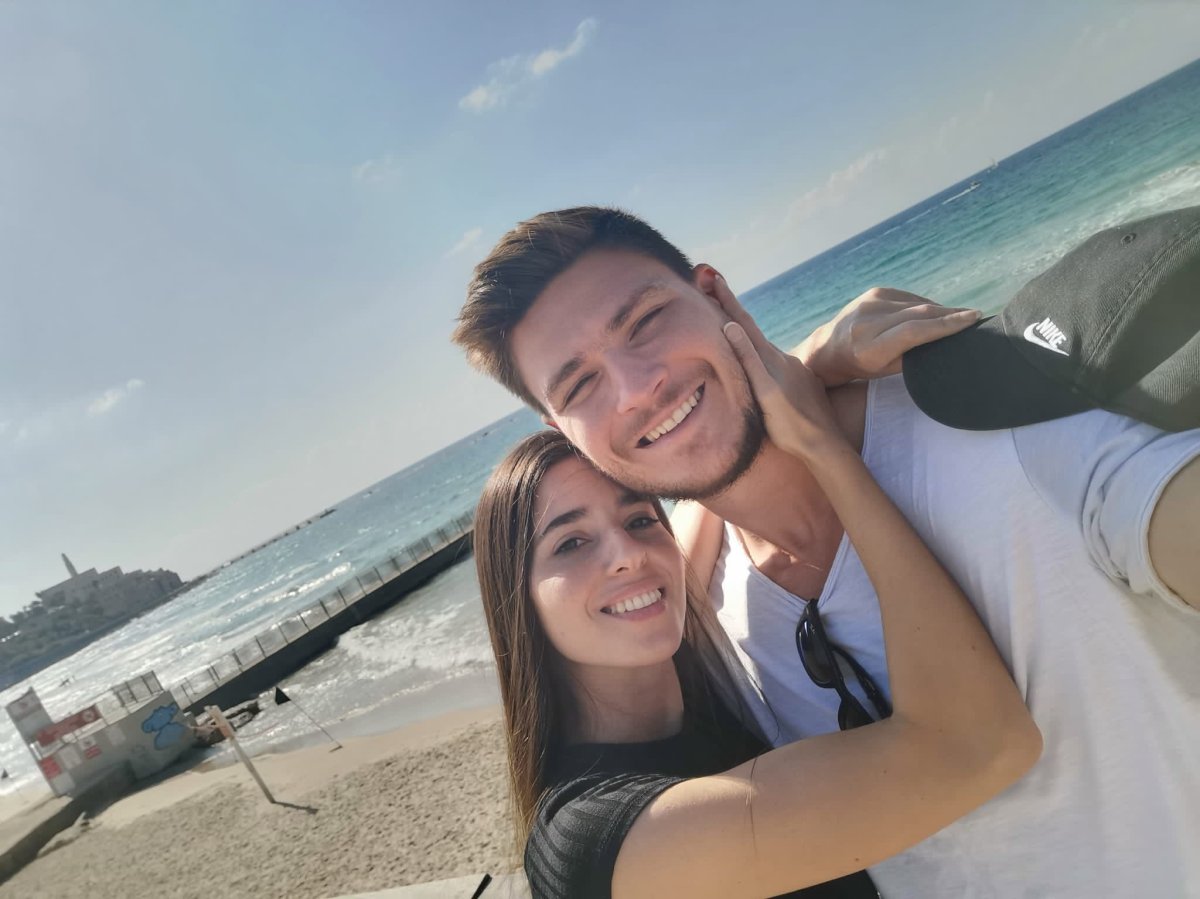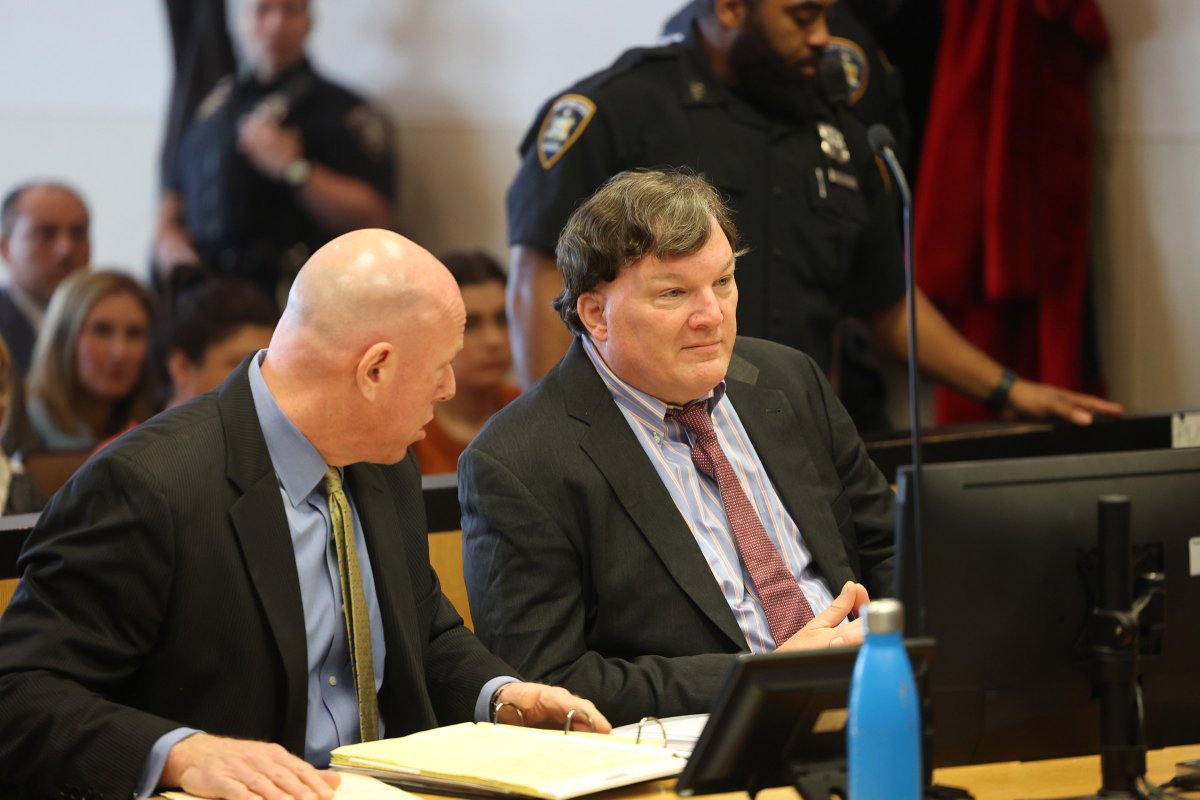East End Veterinary Center Director Margaret McLaughlin Talks History, Services in Riverhead

Animal healthcare is just like human healthcare. You need insurance, specialists, emergency care, and more – that’s what East End Veterinary Center (EEVC) hospital director Margaret McLaughlin wants all pet owners to understand.
The center, which opened in 2000 and is in Riverhead, is open 24/7, 365 days a year, and offers both emergency and specialty care. The services include acupuncture, orthopedic care, dermatology, internal medicine, advanced diagnostics, and more.
McLaughlin is a licensed veterinary technician who worked her way up to this top role in animal welfare starting in 1985. She has worked with Ethos Veterinary Health in a number of capacities over the years, including overseeing hospitals being built as far as New Jersey, before moving to Riverhead to take this role. McLaughlin sat down with Dan’s Papers to discuss EEVC’s mission.
East End Veterinary Center Director Margaret McLaughlin
Can you tell us about EEVE broadly – who are you and what do you do?
We are the only 24-hour, seven days a week specialty center in this part of Suffolk County. There’s nobody east of us. There are a few smaller animal hospitals, but no specialty. So if you need a CT scan, you’re going to come to EEVC. You’re not going to go to a small general practice, just like you wouldn’t in human medicine. We work a lot with the Long Island Aquarium. We work with Long Island University. We have some of their students training with us. We work with some of the local pet shops – Petco is one of them. We work with ARF Hamptons; we’re a part of the ARF walk that they have. We also work with some of the county shelters, like the Brookhaven Town Shelter and Southold Town Shelter. We do a pretty good job for the community. We’re here for them. 24/7.
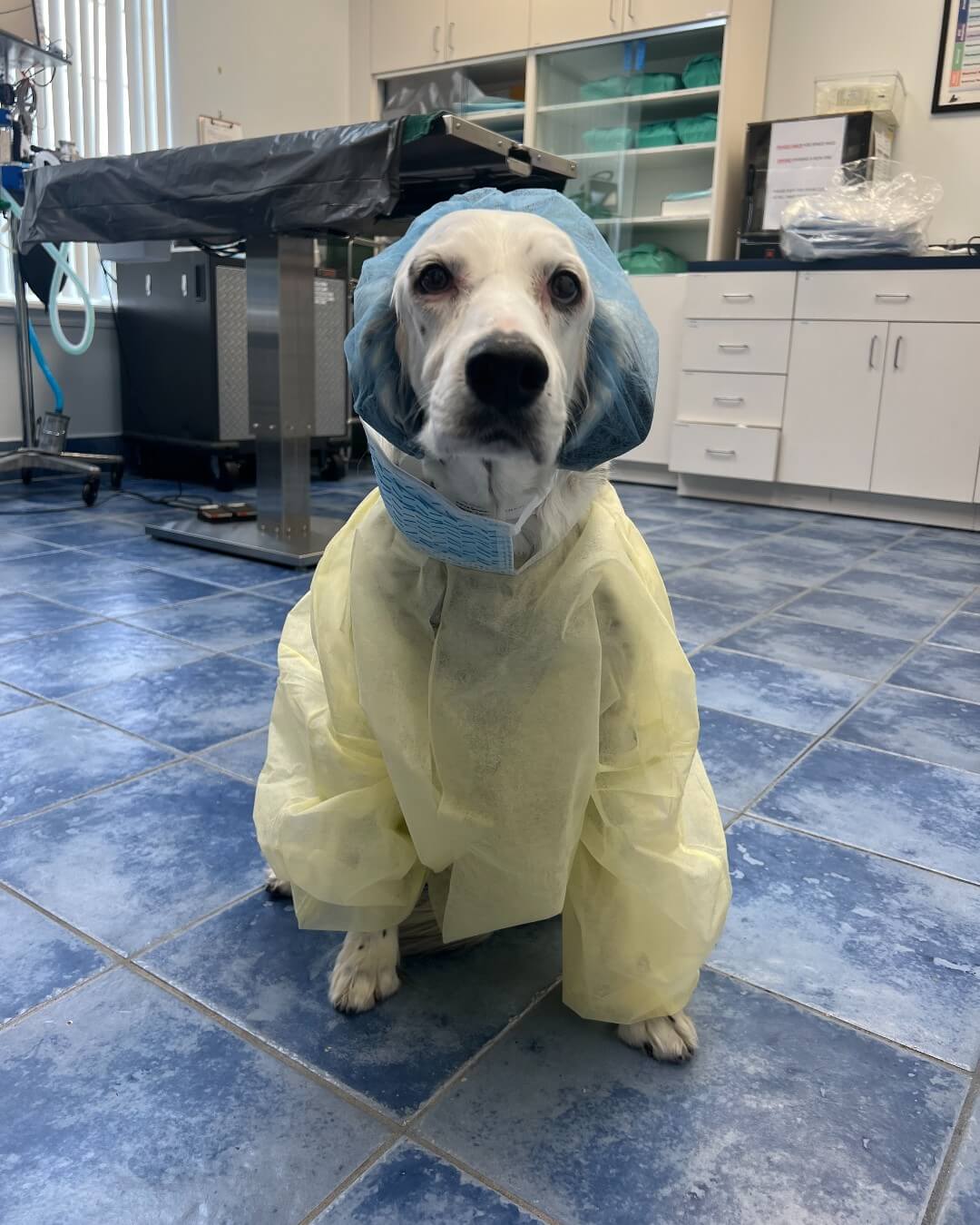
The aquarium must be interesting. What goes into treating seals, penguins, sharks and more?
We are not the official veterinarian for the aquarium. They do have their own veterinarians, some really good ones. Our contact with them is through the Long Island University. They, on occasion, have an animal that needs a scan so that animal would come here. We’re also heavily involved in turtle rescue. Evelyn Alexander Wildlife, too, we help them out quite heavily. Most of their wildlife will come to us where we will assess it, nurse it back to health, and then return it back to the Wildlife Center, where they obviously will rehabilitate, release, and do whatever else they do.
You have been open since 2000 – much has changed on the East End since then in terms of population and development. Can you speak to how that has affected the hospital?
Historically, this has been a destination, the Hamptons, and Riverhead is the gateway to the Hamptons. We generally are a seasonal hospital where, you know, we’ll have our low seasons, when the majority of the people that come out to their summer homes – the Hamptonites – they’re still in Manhattan, and in the spring, in the summer, they all head out here. And our business triples the demand. It could get very overwhelming during COVID, it was insane, because everybody was out here, and homes were being bought up like crazy. Apartments were not to be had. It was insane the amount of animals we all heard about leaving the shelters, so all of those animals needed medical care. People were off from work, staying home, saying ‘Let’s go get a new puppy.’
So a lot of that happened, and unfortunately, once COVID kind of ended, all of those animals had to go someplace. So hopefully the majority of them stayed with their new owners, but many of them, unfortunately, did go back to the shelters. So we do help both of the town shelters out quite a bit with low cost for them.
The pandemic puppy boom likely saw a lot of people getting dogs without doing research on proper adoption. In its aftermath, have you seen an increase in diseases associated with puppy mill breeding?
Fortunately not. I have seen that historically before, but no, not out here, possibly because it’s a higher educated group of people.
You mentioned collaborating with local animal shelters and rescue groups. What do you do with them?
Anything that’s sick or injured, will come in here. So like the Evelyn Alexander Wildlife, a lot of their swans and ducks, little critters will come in with broken wings, or trapped in oil. They need to be washed, bathed – they’ve got broken beaks. Turtles have crushed shells that need to be repaired; unfortunately, sometimes you can’t repair them and they have to be euthanized. But we do a lot of stuff, like X-rays. Somebody’s doing a study on turtles, so we did a whole bunch of free X rays. We know that veterinary care is costly, so where we can, we do give back to the community.
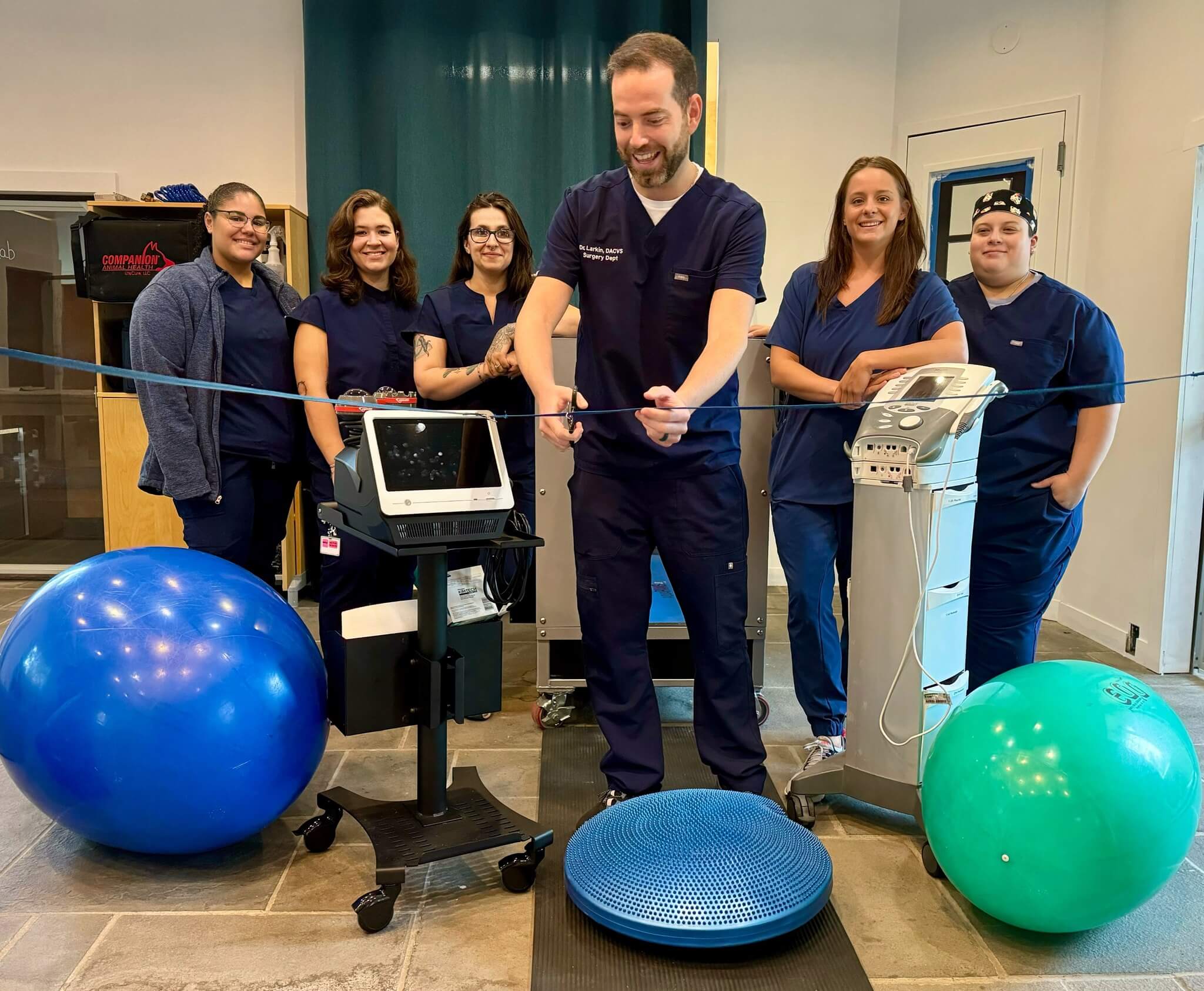
What do you see people bringing in their pets most commonly on the urgent care side?
They ate something. They got into the garbage. They got that corn cob that can’t sit there overnight. Got to rush that animal in here. Or it ate a bottle of Advil at 2 a.m. in the morning, got to get that out of their system. Daytime stuff is hit by cars, other injuries. But in the middle of the night, ‘Oh, my dog chewed on this, It ate Advil. It ate a corn cob.’ That’s really what we’re seeing.
What advice would you give to pet owners about recognizing when their pet needs emergency care or proactive care?
Make sure you have good pet insurance. I fully believe that pet insurance is so important. I work in a veterinary hospital, and I have a very good pet discount, and I have pet insurance. My two cats have pet insurance. Know what medications your pets are on. Veterinary medicine is just like human medicine. You have your cardiologist, you have your oncologist, you have your internist. Any specialty in human medicine, that same specialty is in veterinary medicine.
East End Veterinary Center is located at 67 Commerce Drive in Riverhead and can be reached at 631-369-4513.
